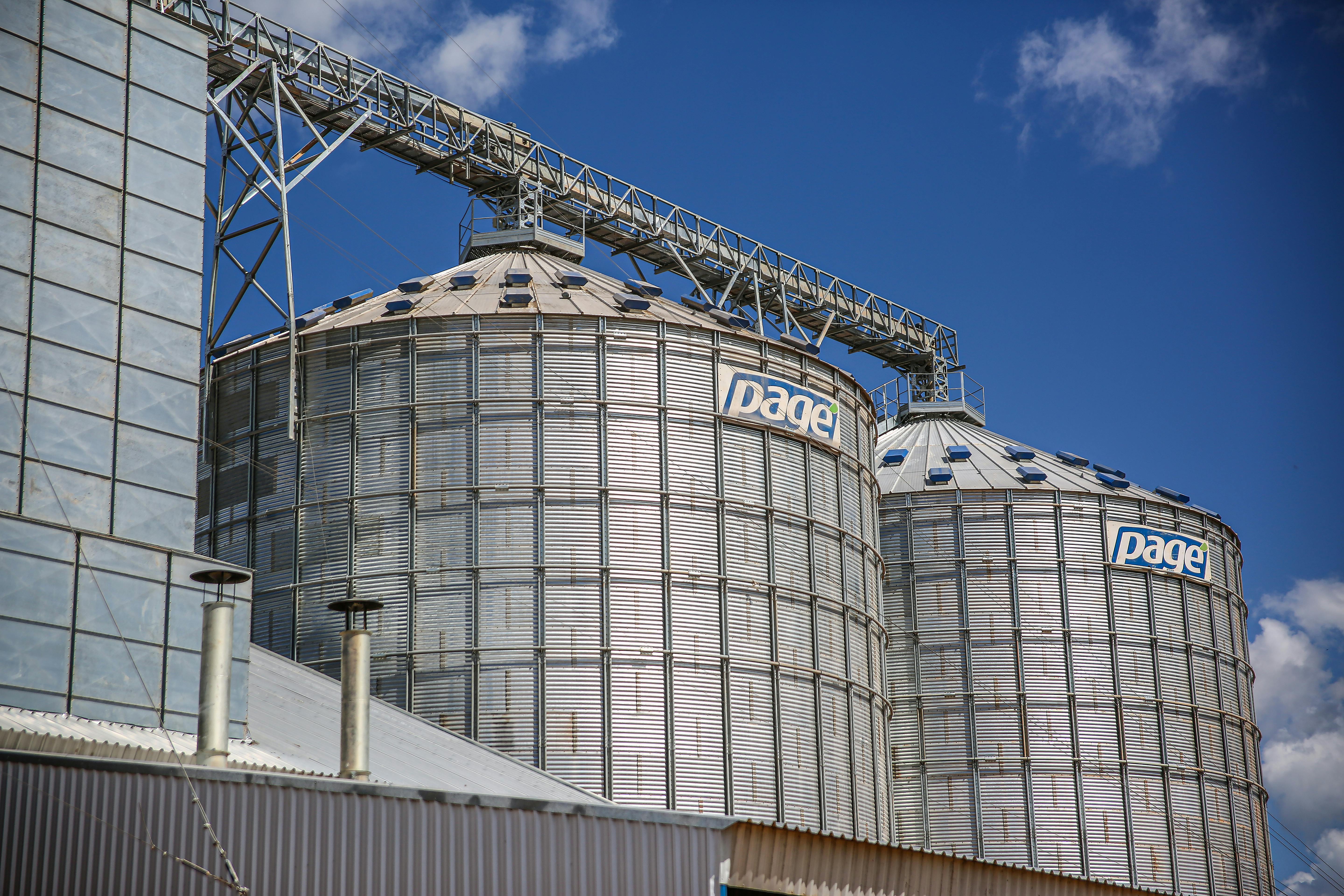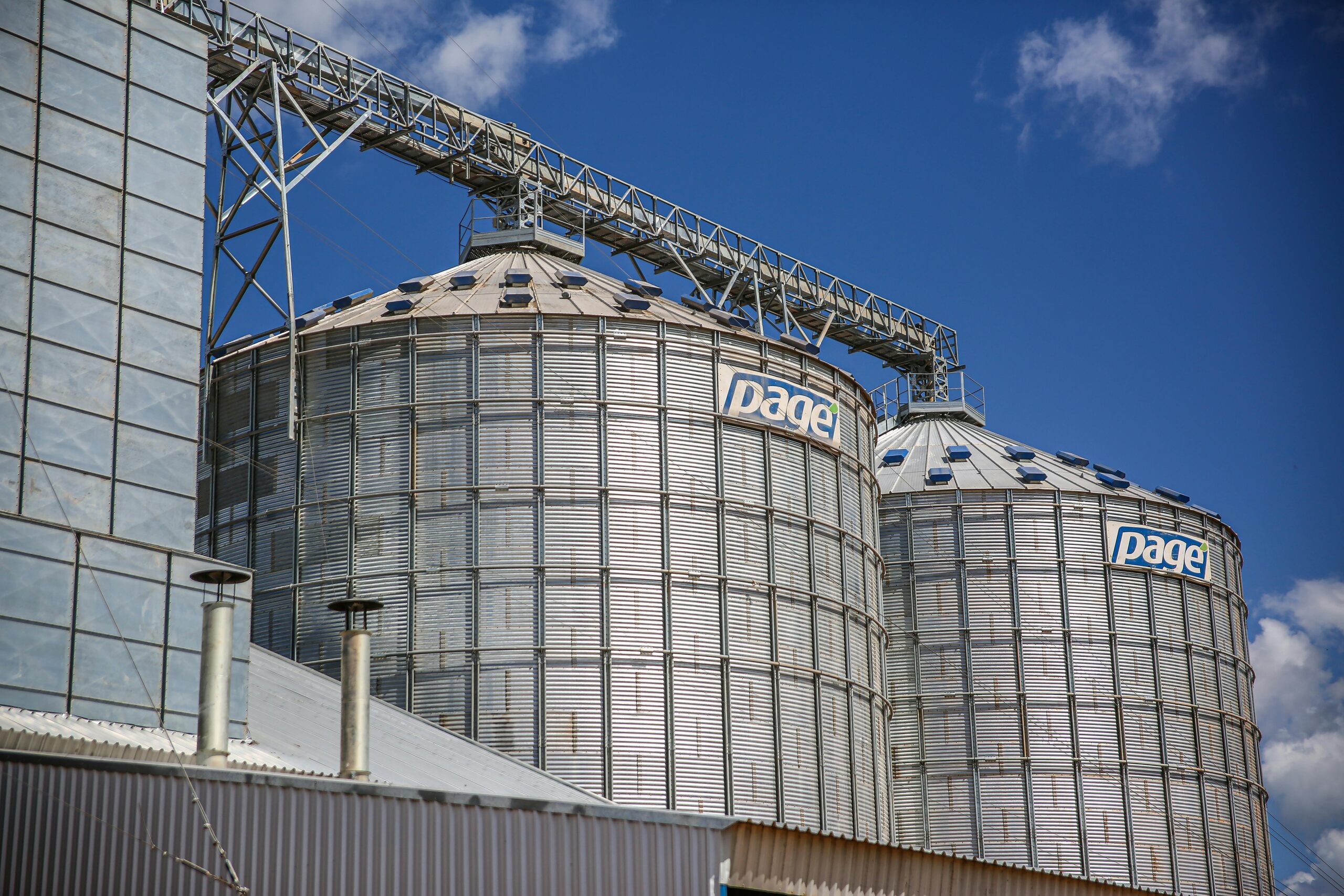Find the Best Food Truck Storage Near Me Today
Running a food truck is more than just cooking on wheels—storage logistics are crucial to long-term success. As food truck operations grow, so does the need for reliable, safe, and accessible storage options. In this article, you’ll discover everything about finding food truck storage near me, from choosing the right facility to preparing for seasonal changes and advanced strategies for maximizing efficiency.

Understanding the Fundamentals
Before choosing the right food truck storage near me, it’s important to understand what food truck storage entails and why it matters. Storage isn’t just about parking; it’s about preserving your investment, complying with local ordinances, and planning for mobility and maintenance.
In the evolving landscape of mobile food businesses, having reliable storage can significantly cut costs, reduce wear and tear, and improve operational readiness. Think of it as setting your truck up for rest between successful shifts.
1.1 Why Storage is Critical for Food Trucks
Food trucks require specific accommodations compared to regular vehicles. For instance, equipment like refrigeration units, fryers, and power sources need climate-aware storage solutions. A report by the Mobile Food Association shows that 60% of truck owners list “secure overnight storage” as a top concern.
From urban lots to rural garages, understanding what secure storage means—fencing, surveillance, accessibility—can make or break your business’s readiness and longevity.
1.2 Legal and Zoning Considerations
Unlike personal vehicles, food trucks fall under commercial zoning laws in many areas. What seems like a great “food truck storage near me” option could be legally restricted.
Many municipalities have limits on where large commercial vehicles can park overnight. Getting familiar with these ordinances ahead of time prevents fines, business disruptions, or worse—impoundment.
Practical Implementation Guide
Applying foundational knowledge into practice starts with location, budget, and evaluating available amenities. Knowing how to assess a facility for your specific food truck needs ensures you avoid costly mistakes down the road.

2.1 Actionable Steps
- Research Local Options: Search “food truck storage near me” and compare at least five nearby listings for pricing, security features, and availability.
- Visit Facilities: Inspect layout, lighting, surveillance, and accessibility to ensure your food truck can enter/exit smoothly and safely.
- Sign a Flexible Lease: Start with short-term commitments if testing a new location. Look for seasonal rates if you plan to store your truck during off-peak months.
2.2 Overcoming Challenges
Common problems include limited space, high monthly rates, and facilities with inadequate security. Watch out for poorly lit areas or no on-site management. These are red flags for potential theft or vandalism.
Solutions include partnering with local businesses that have surplus parking, negotiating shared storage deals, or using digital platforms that connect food truck owners with property managers. Expert tip: always keep a duplicate set of keys at home, and avoid leaving cash or high-value items in the truck overnight.
Advanced Applications
Once your basic storage strategy is in place, it’s time to upgrade. Advanced storage tactics help preserve equipment longevity, ensure compliance, and even streamline prep work and logistics.

3.1 Climate-Controlled Storage
Storing your truck in a climate-controlled garage protects sensitive equipment from temperature fluctuations. This is essential in regions with extreme cold or heat, where freezing or overheating could damage water systems, batteries, and food inventory.
Operators using climate-controlled storage report 20–30% fewer maintenance costs annually. That’s a huge margin when margins are already tight in food services.
3.2 Integrated Maintenance Scheduling
Some advanced storage centers offer on-site mechanic support or scheduled maintenance plans. This reduces downtime, streamlines inspections, and extends your vehicle’s lifespan.
Look for storage options that include oil changes, tire rotation, or generator service. This integration turns your storage into a full-service hub, ensuring you’re ready to hit the road anytime.
Future Outlook
The food truck industry is projected to grow by 6.5% annually through 2030, with innovation in storage infrastructure following closely. Expect to see more automated storage lots, smart security features, and IoT tracking solutions.
To stay ahead, food truck operators should prioritize adaptability. Start small, but remain ready to upgrade to tech-enabled storage options as the industry modernizes. Keeping your truck mobile, compliant, and protected will be a top competitive advantage.
Conclusion
In summary, secure food truck storage near me isn’t just a logistical task—it’s a strategic move. We’ve covered the essentials of what storage involves, how to implement it effectively, and how to scale it with advanced tools.
Now is the time to evaluate your options, visit nearby facilities, and invest in the best possible storage for your business. A well-stored truck is a profitable truck—plan accordingly and keep your mobile kitchen running smoothly.
Frequently Asked Questions
- Q: What is food truck storage and why is it important? It’s secure parking or garaging of your mobile kitchen to ensure safety, maintenance, and regulatory compliance between business hours.
- Q: How do I get started with finding food truck storage near me? Start by searching local listings, visiting properties, and comparing features like security, access, and cost.
- Q: How much time does it take to set up proper storage? With research and visits, most operators can secure a facility within 1-2 weeks depending on availability.
- Q: What are the costs involved? Monthly costs range from $100–$500 depending on location, features like climate control, and additional services such as on-site maintenance.
- Q: How does food truck storage compare to standard parking? Standard parking lacks security and weather protection. Dedicated food truck storage offers tailored support for commercial needs.
- Q: Is it hard to learn how to manage storage logistics? Not at all. With proper planning, it becomes a seamless part of your food truck routine. Many tools and apps can assist.
- Q: Are there storage solutions for specific food niches? Yes, refrigerated trucks or trucks with special cooking setups benefit from climate-controlled and specialty facilities available in many areas.
